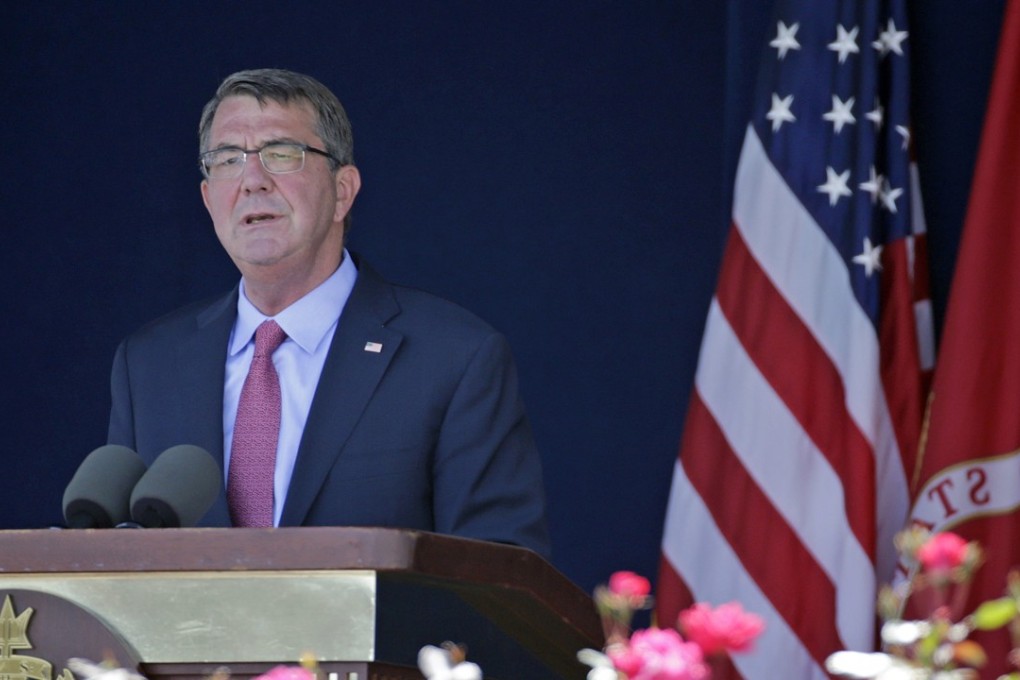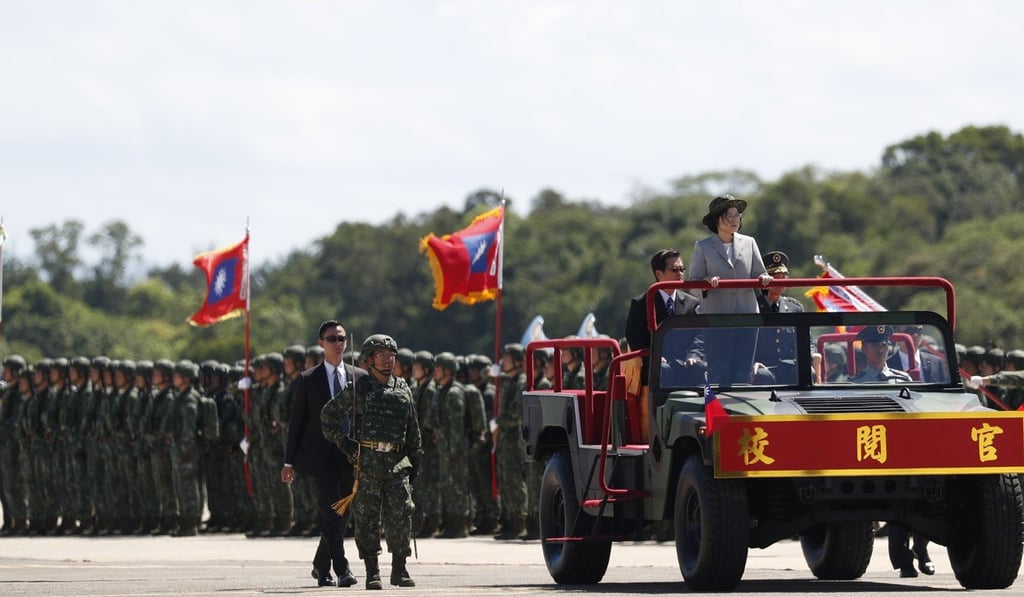Taiwan is part of Indo-Pacific strategy, former US defence chief says
Ash Carter also emphasises stability in the region and resolving cross-strait issues through dialogue, on sidelines of security forum in Taipei

Former US defence secretary Ash Carter on Tuesday said Taiwan was part of Washington’s Indo-Pacific strategy network, the latest US show of support for the self-ruled island amid escalating cross-strait tensions.
He also said he favoured stability in the region, and resolution of cross-strait issues through dialogue.
Speaking on the sidelines of the Asia-Pacific Security Dialogue in Taipei, Carter told reporters he had been involved in Washington’s “Free and Open Indo-Pacific Strategy”, which favoured “an inclusive network of countries pursuing security in a way that is based upon rules and principle, and not coercion”.
Emphasising that the network would guarantee the stability and prosperity of those operating within the rules and principles of the Indo-Pacific region, he noted that “Taiwan is a part of that network”.

Carter, who was in Taipei on a two-day visit and was a guest speaker at the security forum, also reiterated the US stance on Washington-Taipei-Beijing relations.
“I am a strong supporter of traditional US policy, favouring stability and dialogue across the strait, implementation of the Taiwan Relations Act and a strong unofficial relationship with Taiwan, including the military sphere,” he said.